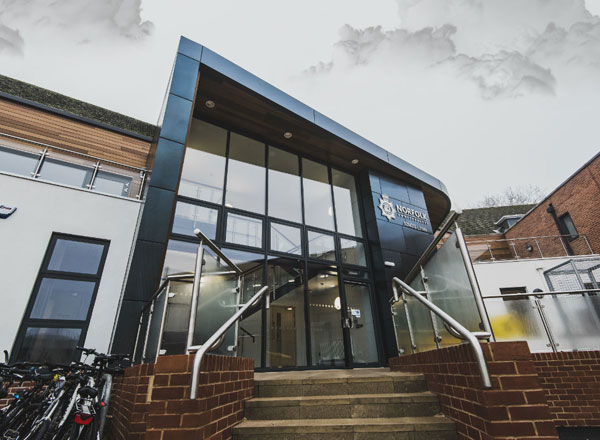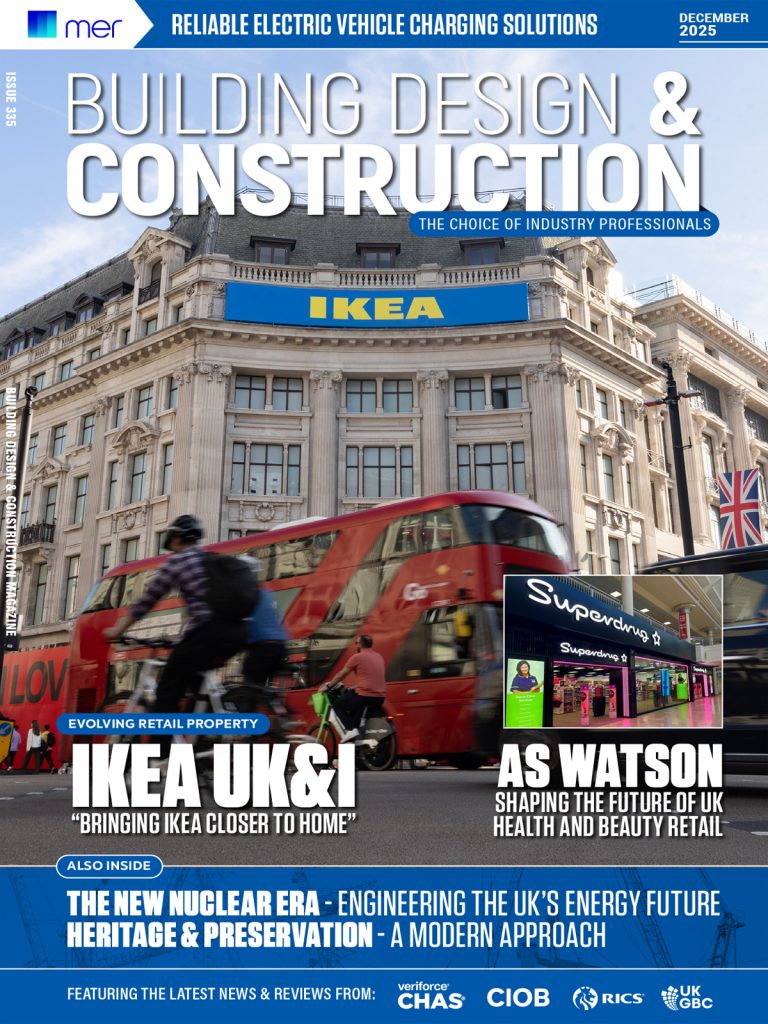Following a £3.1 million transformation, King’s Lynn Police Station was opened by His Royal Highness The Prince of Wales. The Prince of Wales toured the new facilities and met the officers and staff, before officially declaring the building open. Delivered by Pick Everard and Morgan Sindall Construction and Infrastructure, the St James Street building now has improved facilities for response and Safer Neighbourhood Team officers, forensic services, criminal investigation department (CID), offender rehabilitation teams and multi-agency teams. “We are delighted to have worked on transforming such a significant building in the heart of King’s Lynn into a state-of-the-art station, which caters for modern policing needs. The original police station, built between 1953 and 1955, was in need of modernisation. The works have given the building a new lease of life on the inside while its historic exterior has been maintained for years to come. This modernisation has enabled the police force to provide an enhanced service to the community, while also delivering greater cost efficiencies,” said Paul Darlow, regional director at Pick Everard – which provided full, multi-disciplinary services for the project. “The original police station was too big for the force’s current requirements so it was decided that the building needed to be reduced and remodelled to provide modern, high-quality accommodation for its officers with lots of natural daylight. “We have designed a contemporary building, which features texturised stainless steel cladding and treated hardwood. Buff brick and feature stone cornices were also incorporated into the designs, sitting within the building’s facade to ensure it complements nearby buildings. “The open-plan office space allows the police force to work more closely together, while special side rooms for victims and witnesses provide privacy and protection when needed. There is also a conference room with video calling technology and hot desks, giving officers the opportunity to work remotely,” concluded Paul. The project took almost a year to complete, while staff were housed in temporary accommodation during the work, before moving back into the building earlier this year.





